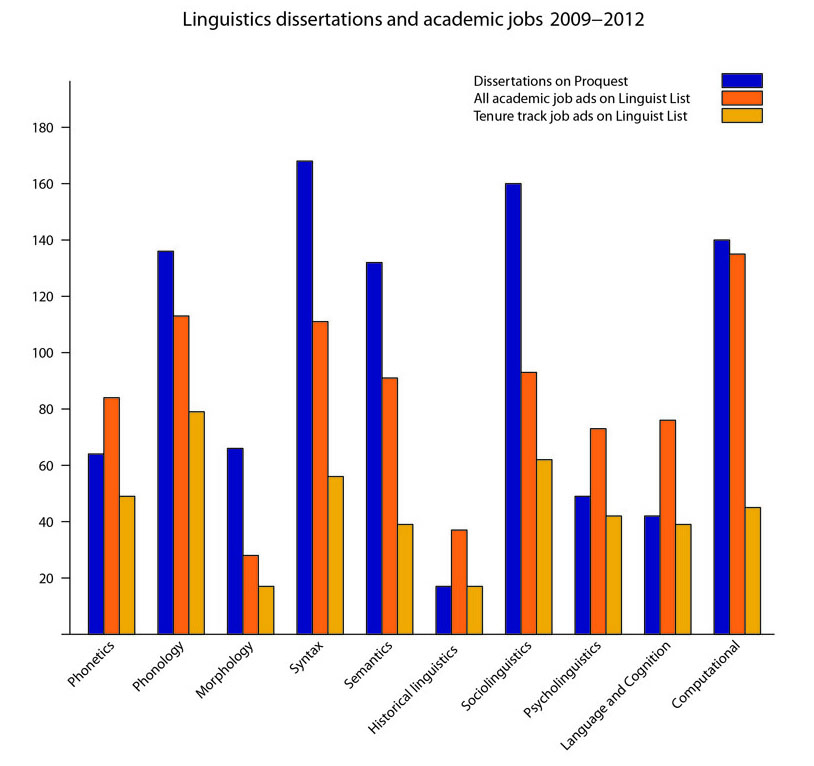The videos are now out — from the 50th-anniversary celebrations ("a scientific reunion") of the linguistics program at MIT, December 9-11, 2011. The schedule of the talks (with links to slides for them) is available here, with links to other material: a list of attendees, a list of the many poster presentations, videos of the main presentations, personal essays by MIT alumni, photographs from the event, a list of MIT dissertations from 1965 to the present, and a 1974 history of linguistics at MIT (particularly interesting for the years before the first officially registered graduate students entered the program, in 1961).
The eleven YouTube videos (of the introduction and the main presentations) can be accessed directly here.
(Thanks to Sabine Iatridou for the links.)
MIT linguists on Language Log (with dissertation dates): Barbara Partee (6/65), Arnold Zwicky (9/65), Mark Liberman (1975), Bill Poser (1984), Heidi Harley (1995). [David Pesetsky reminds me that although Kai von Fintel's degree is from UMass, he's now on the MIT faculty.]

